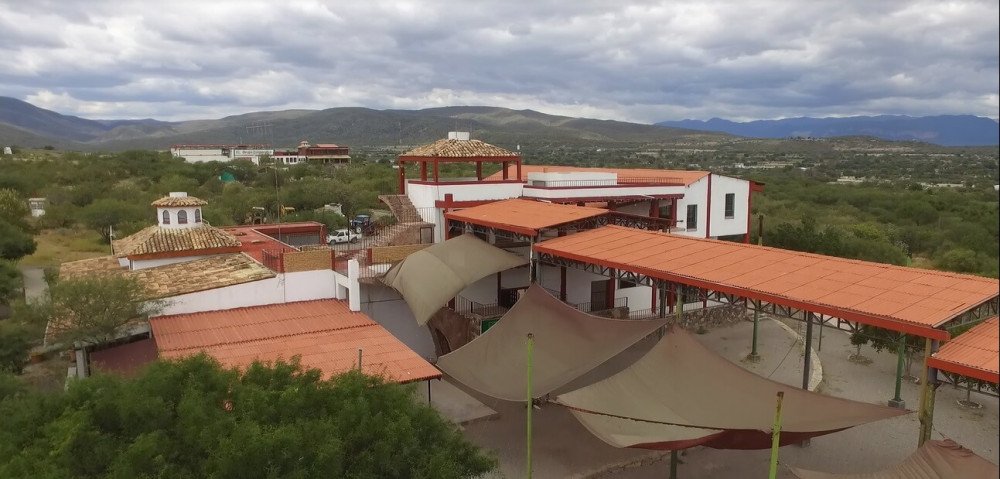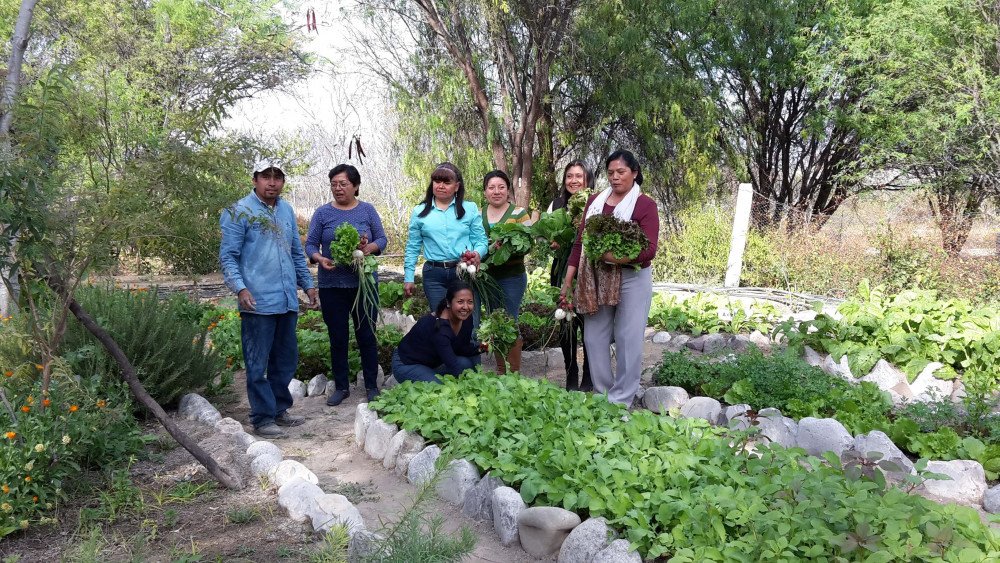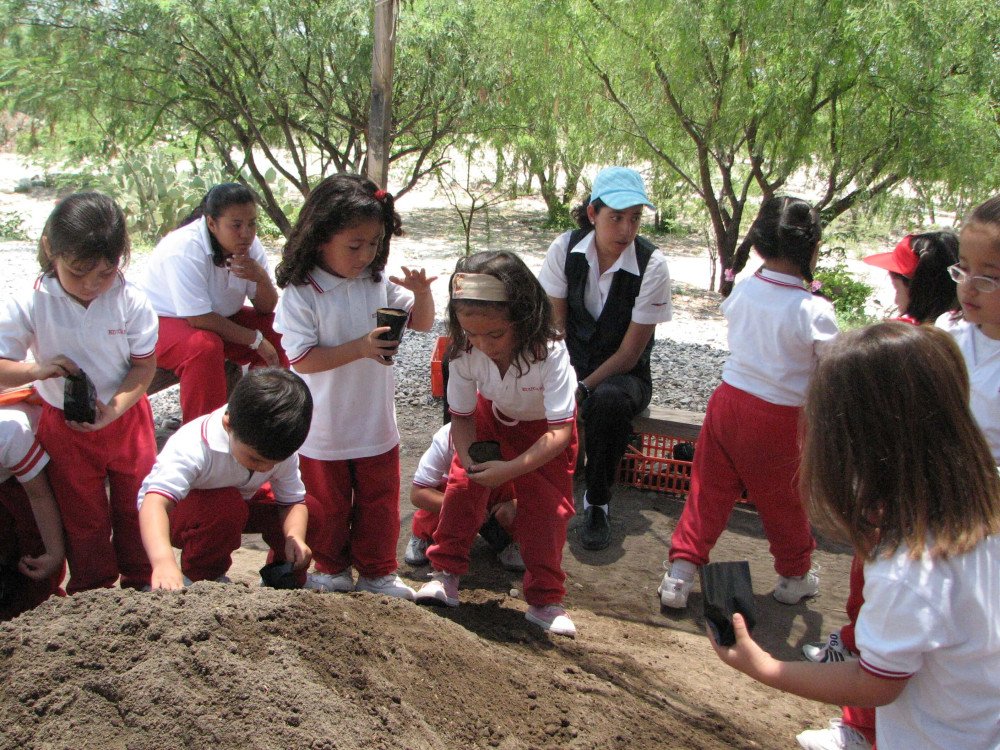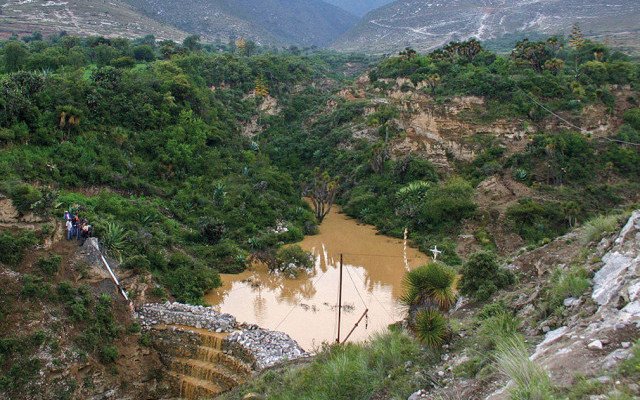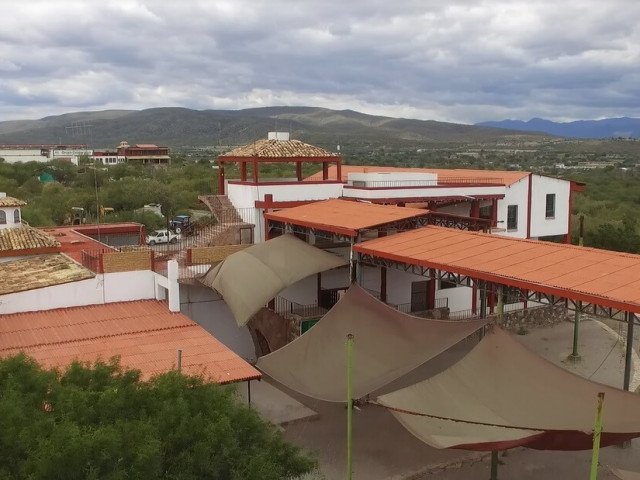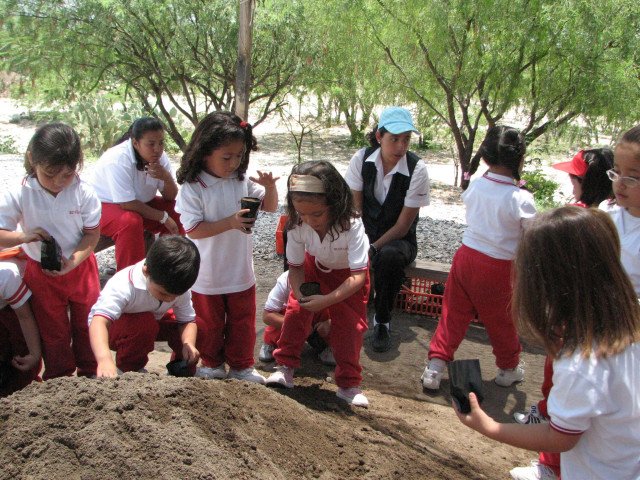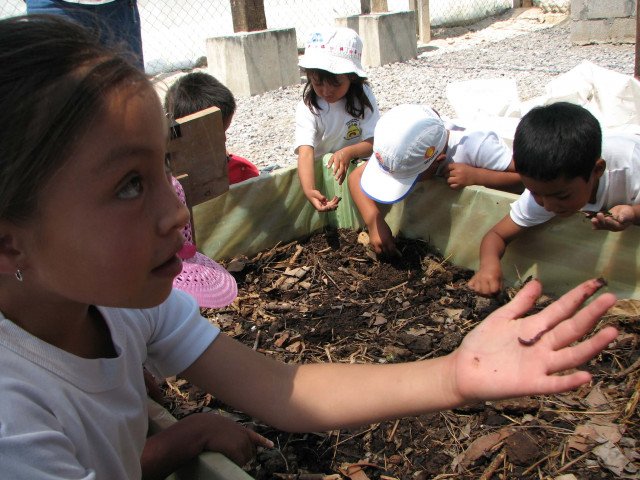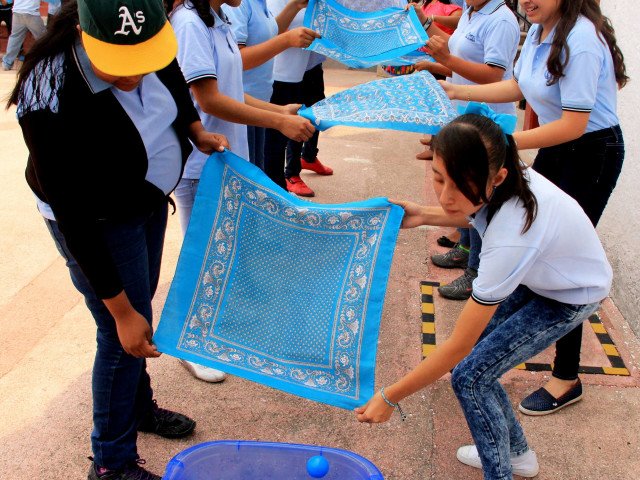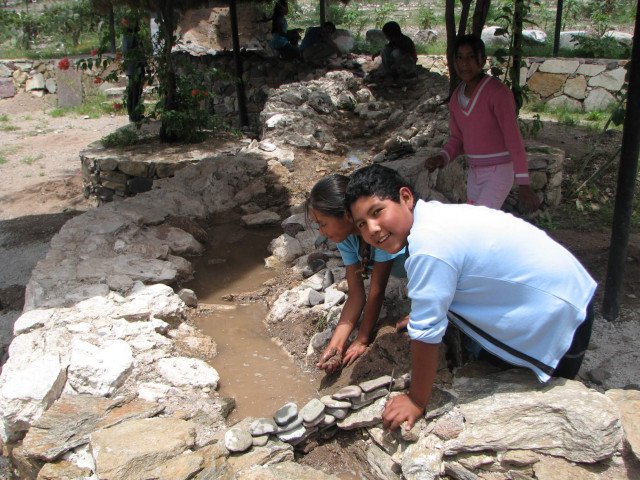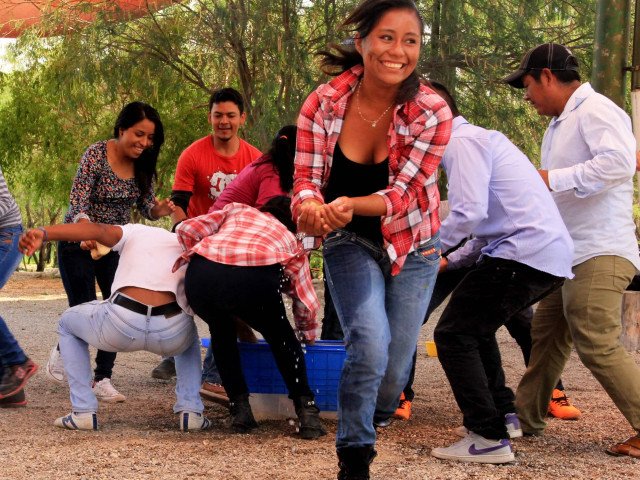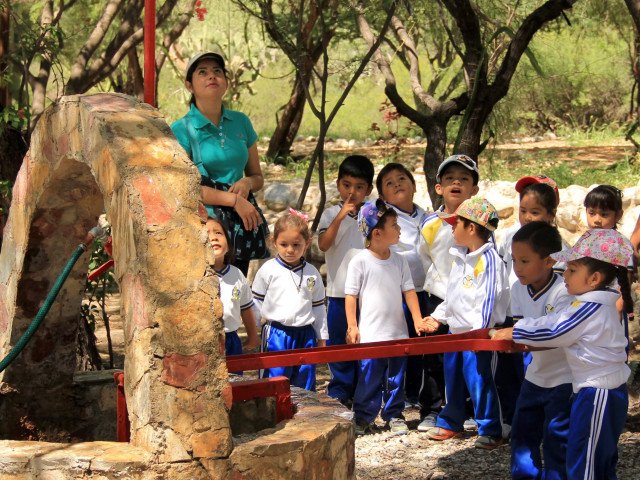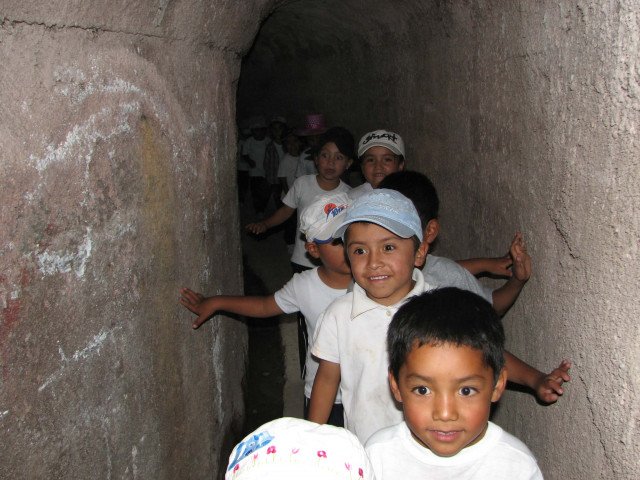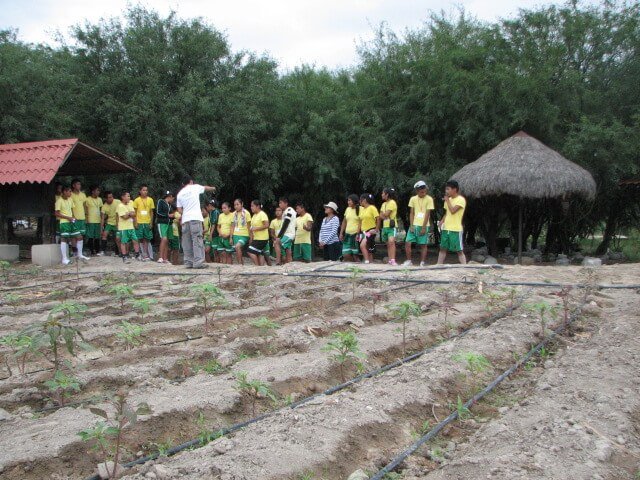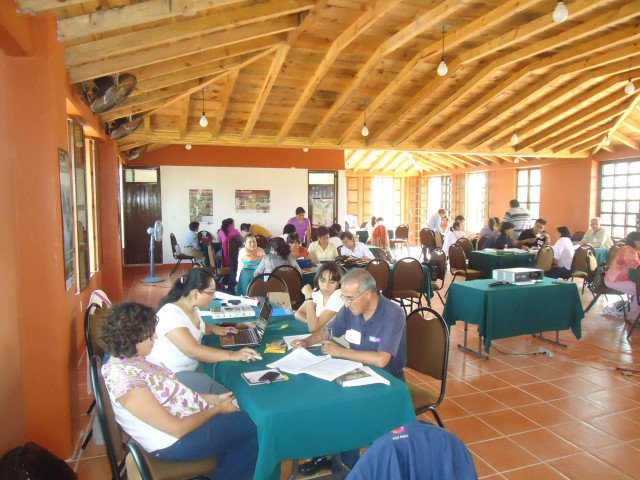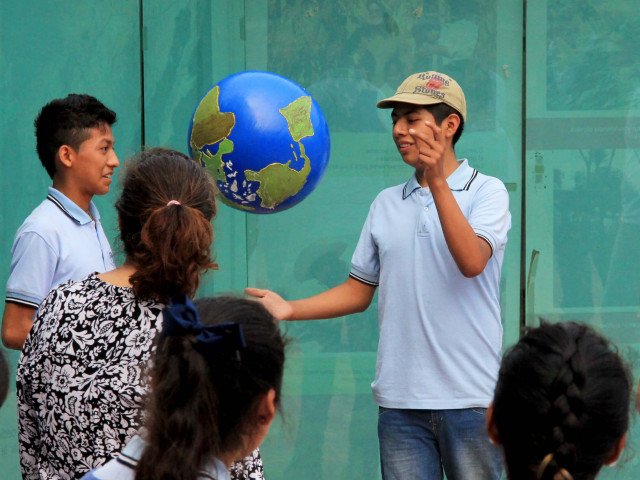The Water Forever Museum (1999) is a certified High-Quality Environment Education Center that recovers and demonstrates the processes of social organization and technologies developed along the history of Mesoamerican indigenous peoples to obtain clean water -both for human consumption and agricultural irrigation for food production- through sound natural resources management to stimulate the creation of sustainable and innovative responses to enable livelihoods of present and future generations in regenerated environments.
Expanding over 20 hectares located in the World Biosphere Reserve Tehuacan-Cuicatlan in southern Mexico, where was found the cradle of Middle American Agriculture and Irrigation. Its privileged location allows visitors to clearly understand watershed dynamics.
Also, presents the historical key-food production and culinary preparation to get the healthy and balanced nutrition that allowed ancient people to reach high levels of civilization, being the proven solution for today’s epidemics of under-nutrition and malnutrition that causes obesity and related illness.
The Water Hall shows how watershed regeneration is the solution to water scarcity and contamination, and the best way to preserve and enrich biodiversity.
The Food heritage Hall presents the food history, as created by indigenous people during 8,500 years of careful domestication. Visitors will enjoy delicious traditional food.
Technologies Trail presents full-size operating technologies for soil, vegetation and water conservation to infiltrate rainwater to replenish aquifers. Appropriate technologies are combined to solve water problems in a diversity of ecological environments. An interesting walk can be done inside ancient seeping galleries and along centennial canals. Bio-digesters show how to avoid contamination while providing irrigation to local trees of the semiarid forest.
Agricultural terraces show the admirable poly-cultivation named “milpa”, with a 90% of water savings. Rainwater harvesting capture and storage systems are seen as a “Mexican Water Sombrero”.
The Carbon-Cycle trail shows how organic waste is composted and converted in enriched organic fertilizers to grow healthy food.

